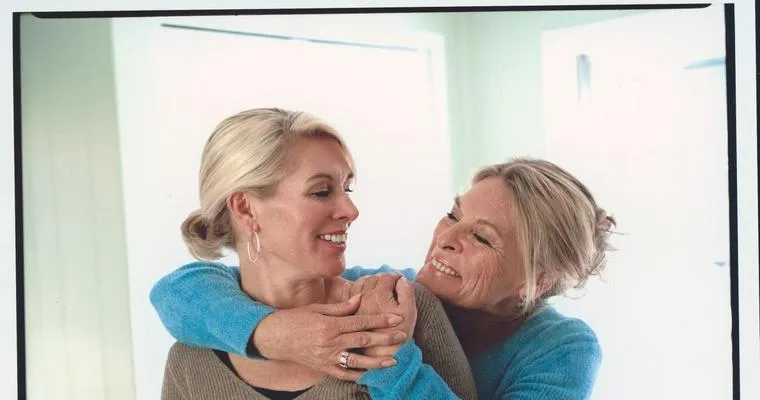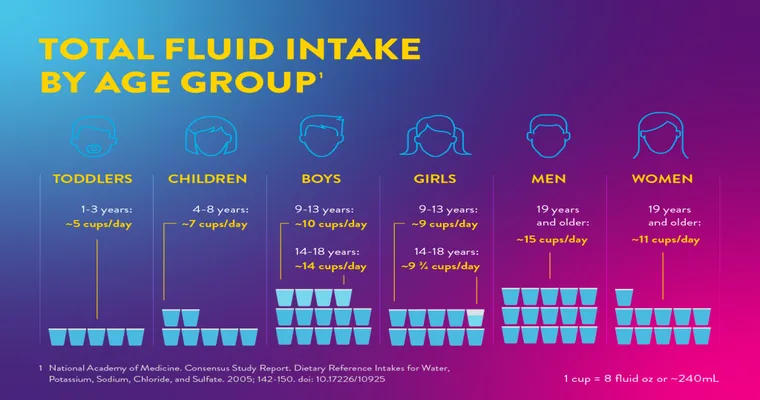The "dying process" is a profound and often difficult subject to discuss, yet it is an inevitable part of life that we all must face. As our loved ones approach the end of their lives, many of us wonder if they are aware of what is happening to them. This question is laden with emotional weight and can shape our understanding of "death", "grief", and the "human experience". In this article, we will explore the "phases of dying", the potential awareness of loved ones during these stages, and how we can support them through this journey.
Understanding the "dying process" involves recognizing the common stages that individuals may go through. Typically, these stages include denial, anger, bargaining, depression, and acceptance. While not everyone will experience all these stages, they provide a framework for understanding the emotional journey faced by those who are nearing death.
One of the most poignant questions that arise during this time is whether our loved ones are conscious of their surroundings and the people present. Research suggests that many individuals in the final stages of life may retain some level of awareness. This awareness can manifest in various ways, including recognizing familiar voices, responding to touch, or even displaying emotional responses to the presence of family members.
Studies have shown that patients in palliative care, who are often at the end of life, can experience moments of lucidity and connection. These moments can be incredibly meaningful for both the individual and their loved ones, who may take comfort in the idea that their family member is still present, even if they cannot communicate in traditional ways. This awareness can also lead to important conversations and closure for families, allowing them to express their love and say goodbye.
However, it is essential to approach this topic with sensitivity. Not all individuals will have the same experiences as they approach death. Some may become unresponsive or lose awareness entirely, while others may have moments of clarity. Being present during this time, offering comfort, and creating a peaceful environment can significantly affect the experience for both the dying individual and their loved ones.
Supporting someone through the "dying process" involves not just physical care but also emotional and spiritual support. Many families find comfort in sharing stories, playing music, or simply sitting in silence with their loved ones. These moments can foster a sense of connection, even when verbal communication is not possible.
In conclusion, the "dying process" is a complex journey that varies for each individual. While it is natural to wonder about the awareness of our loved ones as they approach the end of life, it is crucial to focus on creating an atmosphere of love and support. Engaging in meaningful interactions can provide comfort and closure, regardless of the level of awareness. Ultimately, the most important thing is to be there for our loved ones, honoring their journey with compassion and understanding.





